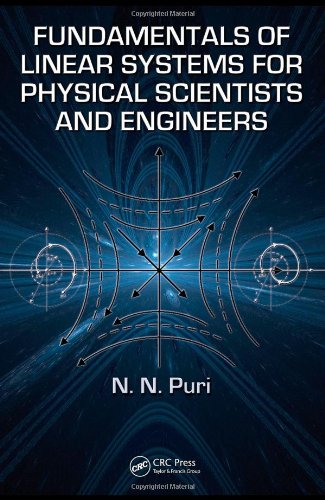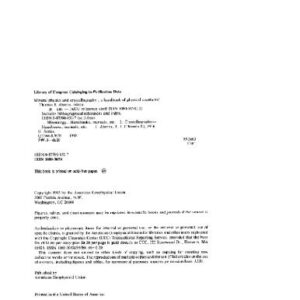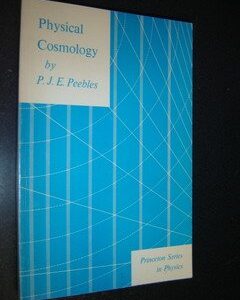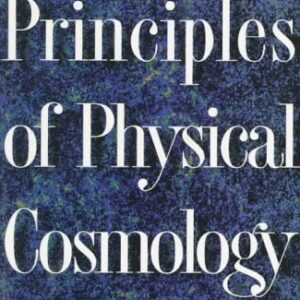Thanks to the advent of inexpensive computing, it is possible to analyze, compute, and develop results that were unthinkable in the ’60s. Control systems, telecommunications, robotics, speech, vision, and digital signal processing are but a few examples of computing applications. While there are many excellent resources available that focus on one or two topics, few books cover most of the mathematical techniques required for a broader range of applications. Fundamentals of Linear Systems for Physical Scientists and Engineers is such a resource.
The book draws from diverse areas of engineering and the physical sciences to cover the fundamentals of linear systems. Assuming no prior knowledge of complex mathematics on the part of the reader, the author uses his nearly 50 years of teaching experience to address all of the necessary mathematical techniques. Original proofs, hundreds of examples, and proven theorems illustrate and clarify the material. An extensive table provides Lyapunov functions for differential equations and conditions of stability for the equilibrium solutions. In an intuitive, step-by-step manner, the book covers a breadth of highly relevant topics in linear systems theory from the introductory level to a more advanced level. The chapter on stochastic processes makes it invaluable for financial engineering applications.
Reflecting the pressures in engineering education to provide compact yet comprehensive courses of instruction, this book presents essential linear system theoretic concepts from first principles to relatively advanced, yet general, topics. The book?s self-contained nature and the coverage of both linear continuous- and discrete-time systems set it apart from other texts.






Reviews
There are no reviews yet.